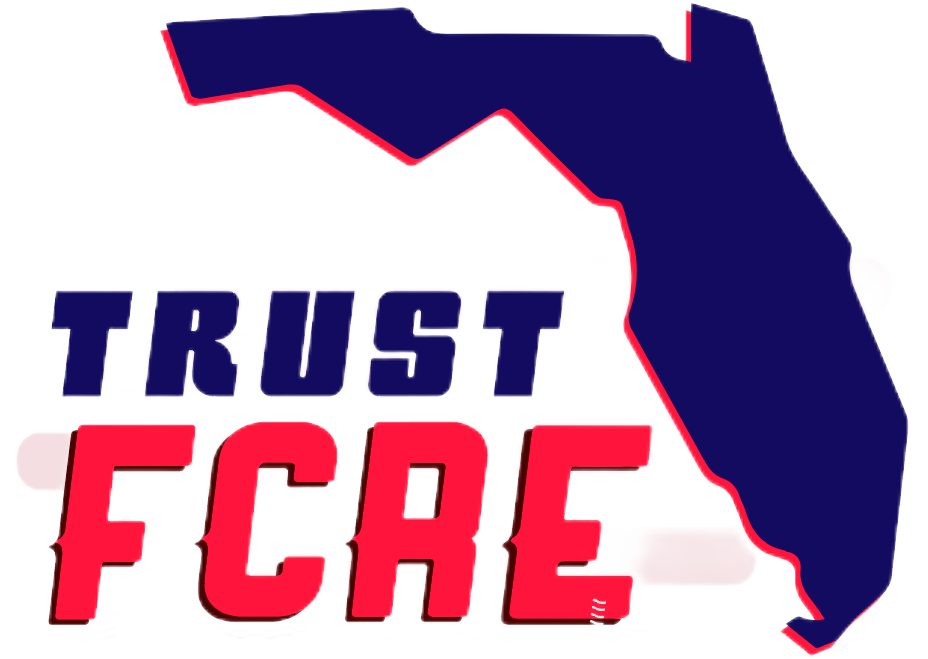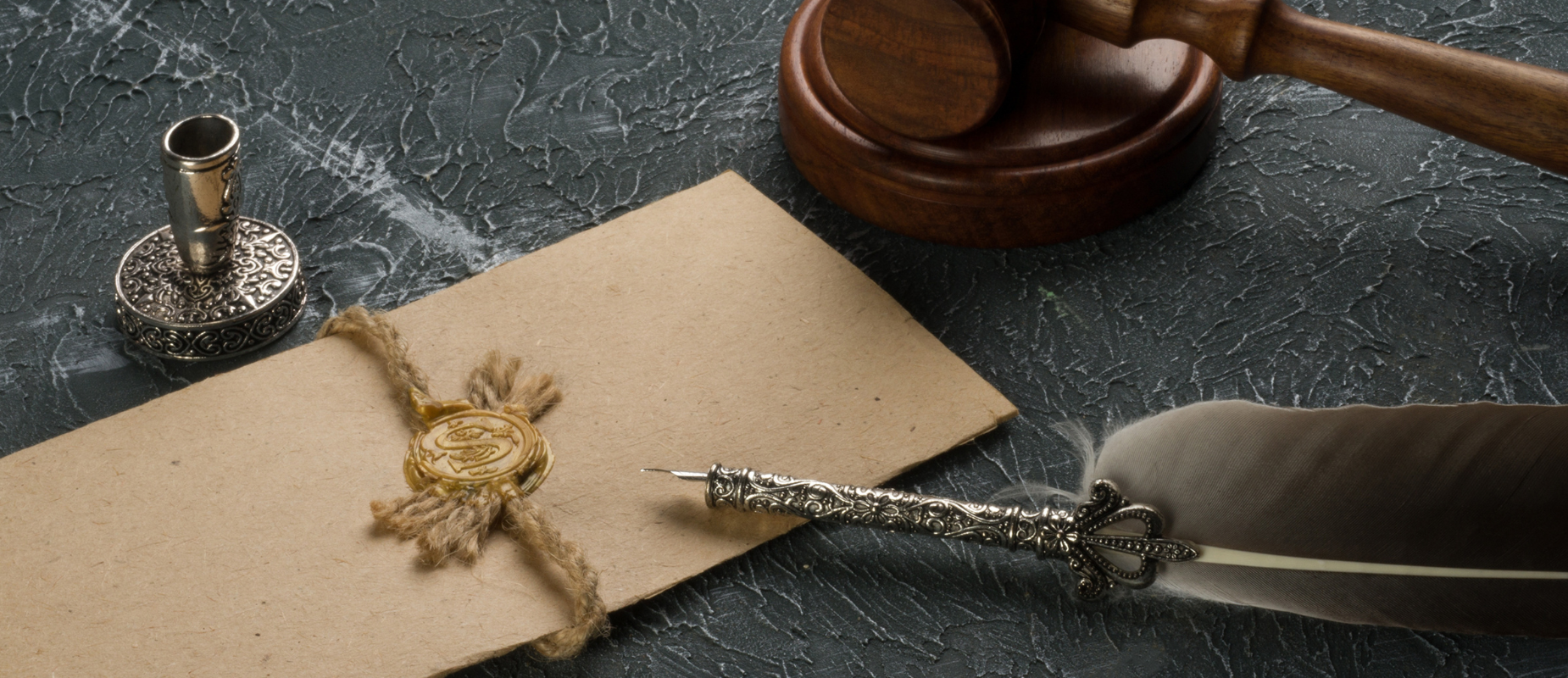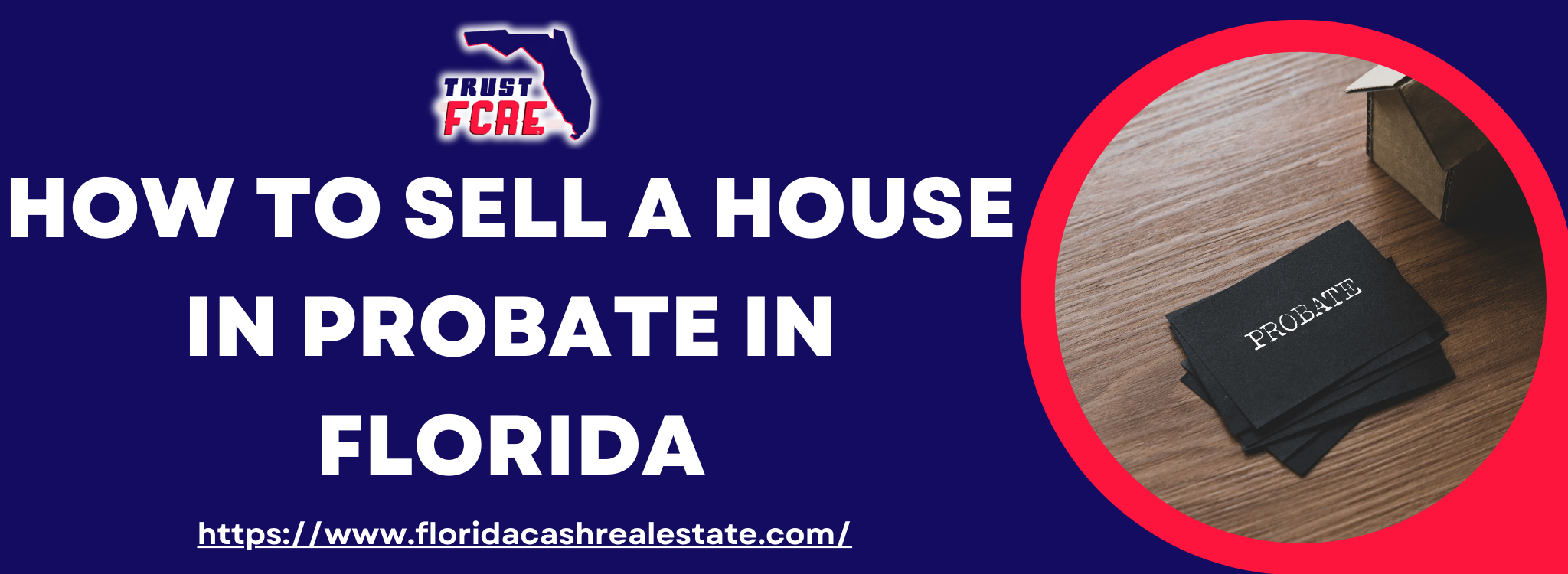
Selling a House in Probate: A Florida Guide
Selling a house in probate can seem overwhelming, but it doesn’t have to be. If you have property as part of a personal inheritance, you can navigate the probate process and find a buyer. This guide explains important steps, like securing the court’s approval, understanding what an executor does, and meeting the legal requirements when you’re the seller.
Probate Sale Meaning in Florida
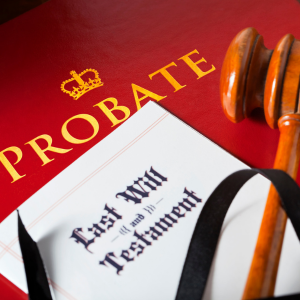
A probate sale occurs when property or a house is sold to settle the estate of someone who has passed away. In Florida, this process is necessary to transfer ownership from the decedent to any beneficiaries. Probate sales are more complicated than traditional real estate sales because a house must go through probate if there is no will or the deceased person did not leave specific instructions. Selling a house in probate sometimes requires court approval to ensure that any income generated from the sale is used to pay off the decedent’s debts.
Probate Process For Selling Real Estate In Florida
A traditional real estate sale is pretty straightforward: the seller prepares the house for the market and sells it via an agent. The probate procedure for selling real estate in Florida is more involved, though, and formal proceedings are often required. Here are the three necessary steps for sellers.
1. File Probate With the Local Court

The first step is to file probate with the local court (at the clerk’s office) where the estate is located. All beneficiaries must be notified at this stage. The court requires a list of the descendant’s assets, such as investment portfolios, IRAs, and bank accounts. You may also need an estate affidavit and proof of your qualification as the personal representative. A copy of the decedent’s death certificate will also be included. If there is no will, the estate is called an “intestate estate,” the court will determine how the assets will be distributed.
2. The Court Appoints an Executor/Administrator
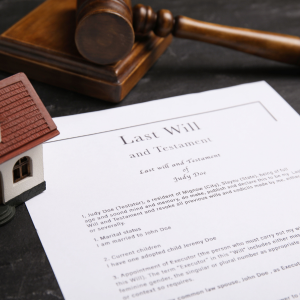
Once the probate court reviews the documentation, it appoints a personal representative. If the decedent named someone specific in the will, that person becomes the personal representative or administrator. However, if there is no will, potential executors can petition the court. After careful consideration, the court appoints someone as administrator to handle the decedent’s estate.
This stage essentially starts the probate legal proceeding, which allows the seller to sell the estate. The administrator is responsible for paying all the creditors with claims to the estate. This includes liabilities and late mortgage payments if the house is in foreclosure. The administrator is also responsible for paying the mortgage, property taxes, and insurance on the house during the proceedings.
3. Sell the Probate Real Estate
Once the court has designated a personal representative, they can put the probate house on the market. Some cases require court approval at every stage, such as for the appraisal. However, this is typically in cases where the deceased person has a substantial amount of debt. In other cases, the seller can sell the estate unsupervised. Throughout the sales process, the estate administrator must ensure that the sale is by Florida laws. Once the sale is closed, the proceeds can be distributed among the beneficiaries, and the title company can ensure that the estate is free from any debts.
When Can the Executor Sell The Probate Property in Florida?
Executors can sell probate property in Florida as soon as the court appoints them. As the seller, you can typically proceed without the court’s approval unless there are special circumstances, like substantial debt. If debts need to be paid off, the court must approve any written offers you get from potential buyers to ensure the house is being sold at market value.
Can You Sell a House Before Probate Is Complete in Florida?

In Florida, administrators typically wait until the probate procedure is complete before selling the estate. However, this isn’t always the case. If the seller puts the house on the market before probate is complete, the proceeds from the sale go into a probate escrow account. The profits are then distributed once all debts have been paid and the probate process is complete. It’s important to remember that changing the title from the deceased person to the new owner can take up to five months.
Do You Need to Go Through Probate to Sell an Inherited House in Florida?

Yes, in most cases, sellers need to go through probate to sell an inherited house in Florida. The process ensures that the sale of the house complies with all legal probate requirements. The estate cannot be sold until a personal representative is appointed and the probate procedure is complete or finalized. However, there are instances where you can avoid probate. You can avoid probate if there is sufficient estate planning and the house is in a living trust. This often means the home was willed to specific people, such as siblings or parents. Sellers such as a surviving spouse can also avoid probate if joint tenancy exists. If a surviving spouse co-owns the house, the house or property will pass to the co-owner.
Florida Probate House Sale Issues
When a house is passed on to you as part of a personal inheritance, it can raise some sale issues for you, the seller. Some issues include:
Court Approval
Requiring court approval can significantly slow the sale process, especially if the descendant is burdened with debt. Court approval is also required if there is a dispute among the family members.
Disagreements Over the Value of the Property
There may be disagreements over the estate’s value if there are multiple beneficiaries. This can complicate or even halt the selling process.
The Condition of the Property
The deceased person may have passed on a run-down estate that badly needs repairs. This can create difficulties for the seller as the probate home may need significant work before it can be sold.
Options You Can Consider When Selling a Probate House in Florida
If the estate has no funds, you, the seller, must determine whether to sell the property as-is or invest in it to make it more marketable. Fortunately, a few options exist when selling a probate house in Florida.
Listing the Probate Property With a Florida Real Estate Agent
Pros:
Expert Guidance: You’ll get expert guidance when you list your probate house or property with a real estate agent. Realtors are well-versed in the real estate market and can offer advice and tips. In addition, they can ensure you comply with all the legal requirements when selling the house.
Fair Price: Because of their knowledge of the local real estate market, realtors typically set a price that attracts people looking for homes while maximizing profits.
Marketing: Real estate agents can create a thorough marketing plan and market your house through various channels to ensure the property reaches potential buyers.
Negotiations: Real estate agents can negotiate with potential buyers, ensuring you get the best offer.
Less Stress for the Seller: An agent essentially performs all the heavy lifting when it comes to selling your home, which results in less stress for you, the seller.
Cons:
Commission: Realtors get a commission of roughly 6% of the final sales price. This commission can take quite a chunk out of your profits.
Delays: Due to the marketing, amount of showings, and negotiations with interested parties, there can be months of delays. Moreover, some interested parties may depend on financing from a lender, which can delay the sale even further.
Required Repairs: Before listing the property, it must be marketable. This may mean investing money into costly and “allowable” repairs.
Selling the Inherited Property to a Family Member in Florida
Pros:
Easier to Negotiate: Since the seller and buyer are personally connected to the descendant, the sale may be easier to negotiate. Both sides may also be more flexible about reaching a mutually beneficial agreement.
Inheritance Stays in the Family: By selling the house or property to a family member, you can have peace of mind that it will stay in the family, especially if there are a lot of memories associated with the estate.
No Marketing Needed: Because the sale involves a direct family member, there’s no need to list the property, have showings, or market it via various channels.
Cost Savings: Cutting out a middleman (realtor) and all the marketing can save money when selling the home.
Cons:
Disputes: Family relationships and emotions can complicate the sale. If other family members feel devalued, there could be disagreements.
Tax Implications: If both the seller and buyer are not aware of tax details, such as the capital gains tax, the inheritance tax, or the gift tax, there could be fines or fees. Although Florida has no estate tax, federal estate taxation issues could exist.
Pressure to Sell Below Market Value: The buyer may pressure the seller to get a discount since the seller is part of the family. This could become problematic, especially if the profits are distributed to other beneficiaries.
Selling a Florida Probate House As-Is to a Cash Home Buyer
Pros:
Fast Sale: Companies that buy houses in FL and pay cash don’t rely on bank loans when purchasing probate homes, which results in a streamlined and fast sale. This can benefit sellers hoping to walk away from a personal inheritance that may be draining them financially.
No Repairs Needed: Houses part of a personal inheritance frequently need updates and repairs. However, when you sell your probate house to a cash home buyer, they buy it as-is, even with belongings. This means you don’t have to invest money or time into renovating the house.
Hassle-Free Process: Companies that buy mobile homes, residential homes, or condos buy probate houses as is and bypass middlemen like realtors. This results in a fast, hassle-free process for sellers, which can be ideal if you’re looking to sell the probate house quickly and move on.
Cons:
Lower Sales Price: Companies that buy houses with cash renovate the houses themselves after they purchase them. This results in a lower sales price as they subtract the cost of repairs from their cash offer.
No Market Exposure: Because companies paying cash buy directly from you, the seller, marketing your house isn’t necessary. While this can be beneficial, you may miss out on potential buyers willing to make better offers.
Potential for Scams: Some companies that buy houses with cash like to do a “bait and switch,” making an offer and then dropping the price once they see the property. Others charge “hidden fees” in their contract.
Probate House Sale Frequently Asked Questions
Can you sell a house without going through probate in Florida?

You can sell a house in three ways without going through probate in Florida. If there’s a trust, the successor trustee can sell the estate directly without going through probate. The second way is if the house has a joint deed and a living co-owner with rights of survivorship, such as a spouse. The final way is if the person who passed had an estate small enough to qualify for a simplified probate process, known as “summary administration.” A summary administration in Florida applies when the estate is less than $75,000 or the decedent has been dead for over two years.
Can you live in a house during probate?
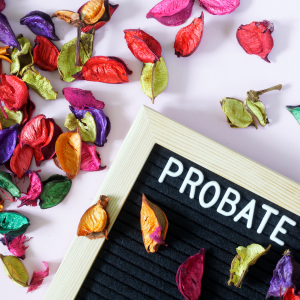
Yes, you can generally live in a house during probate, especially if you are the administrator. However, if there are multiple heirs, it may be a good idea to consult with them to ensure they agree about the living situation. If someone plans to live in the house during probate, they must maintain it well and pay the bills, such as the utilities, taxes, and insurance.
Can you empty a house before probate in Florida?

It’s generally not a good idea to empty a house before probate in Florida. During the probate process, the administrator manages the estate’s assets. If the assets are removed during this process, it can complicate the process, especially if the deceased person has debts that must be paid off. However, there are exceptions. Personal items that are not part of the estate can be removed, though the estate administrator must determine the difference between probate and non-probate assets beforehand.
How long does it take to sell a house in probate?
Selling a probate house in Florida usually takes six to nine months. However, if there are disputes among the heirs or costly repair issues, the process can take a year, if not longer. In complicated cases, hiring an attorney to represent the estate may be necessary. Attorneys can handle legal fees and offer advice about creditors.
Do all heirs need to agree to sell inherited property in FL?
If the house or property is part of a probate estate, all heirs must agree to sell the inherited property. The court may need to intervene if all heirs cannot agree to a sale.
The Easiest Way to Sell a Florida House in Probate
You can sell the property if a family member died and willed you a home. The easiest way to sell a house in probate is to sell it to companies that buy houses and pay cash. This option is particularly beneficial in competitive and fast-paced cities like Fort Walton Beach, Pensacola, Destin, Tampa, Crystal Beach, Gulf Breeze, and St. Petersburg. The streamlined and fast process that cash buyers offer can provide immediate cash that can be distributed among the heirs. In addition, property that comes with a personal inheritance may require costly repairs, burdening an administrator and the beneficiaries. When you sell to companies that buy houses, no repairs are needed, and there are no fees attached to the sale, such as closing costs or appraisal fees. If you have further questions or would like more information, contact Florida Cash Real Estate at (850) 820-8505.
Sell your Florida house without a Realtor 75% Faster
We buy houses in Florida in ANY CONDITION. No Hidden Fees or Commissions. Sell Your House As-Is And Close On The Day Of Your Choice. Fill Out The Form Below.
Resources To Help You Sell A House
